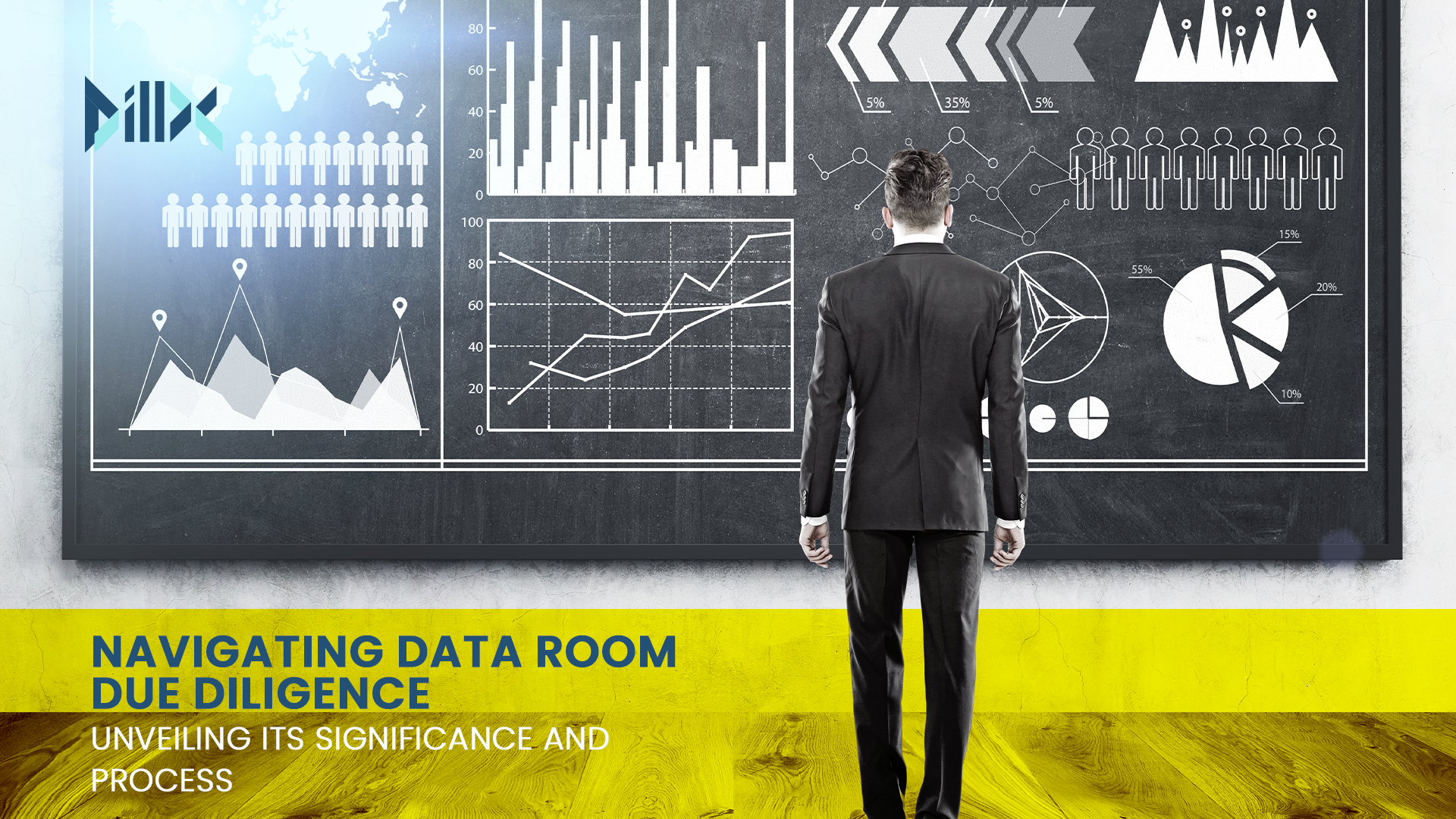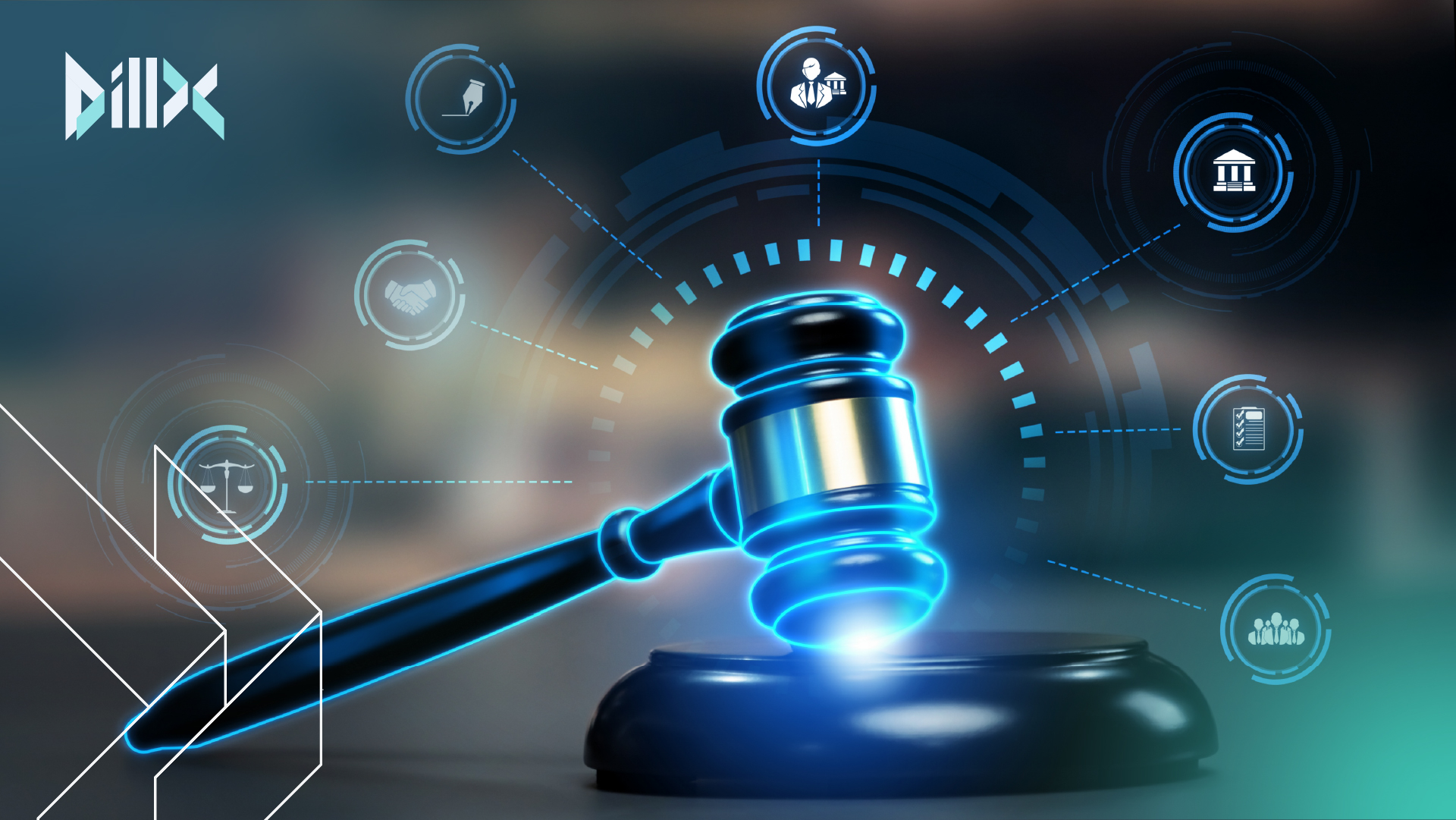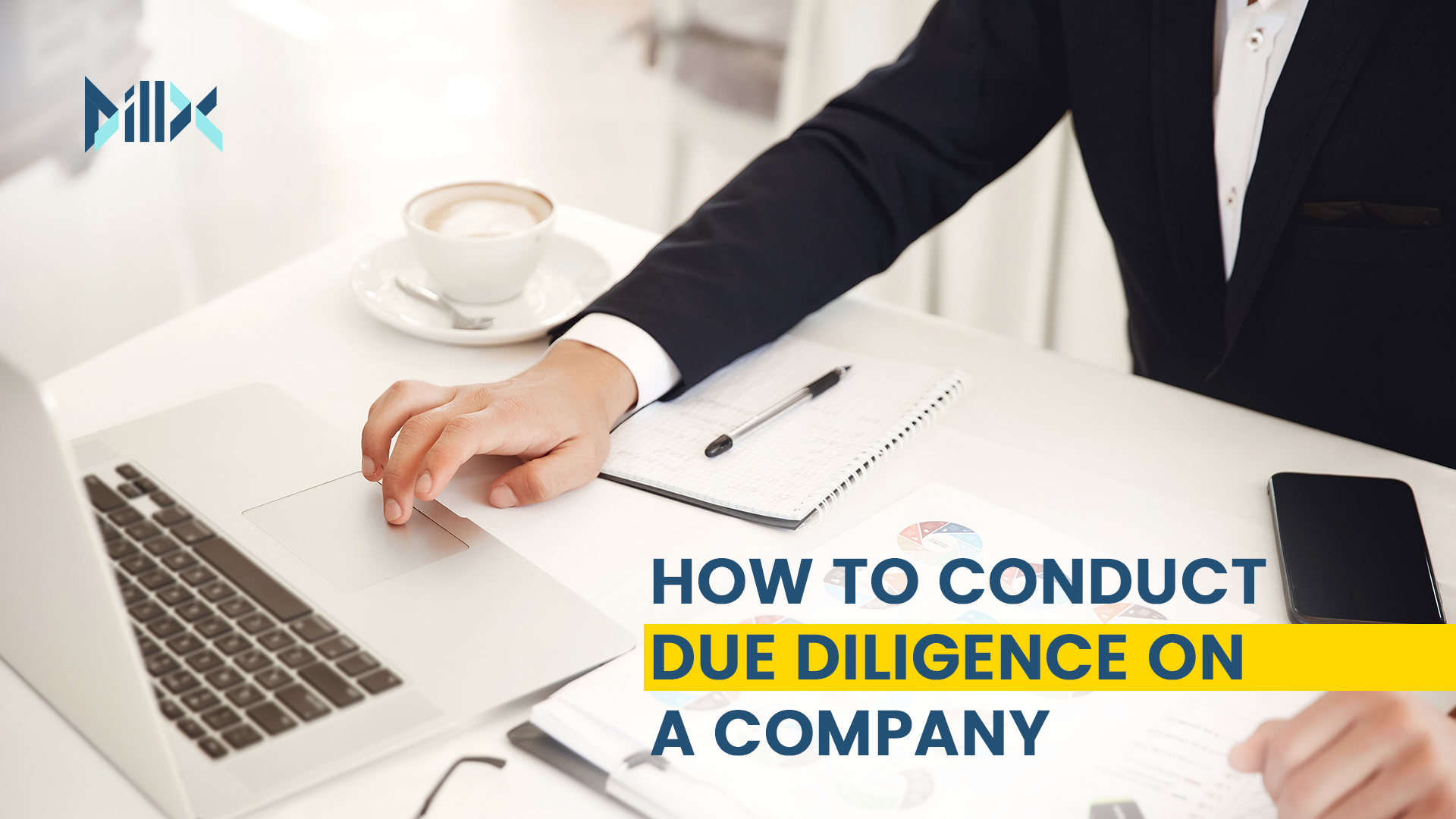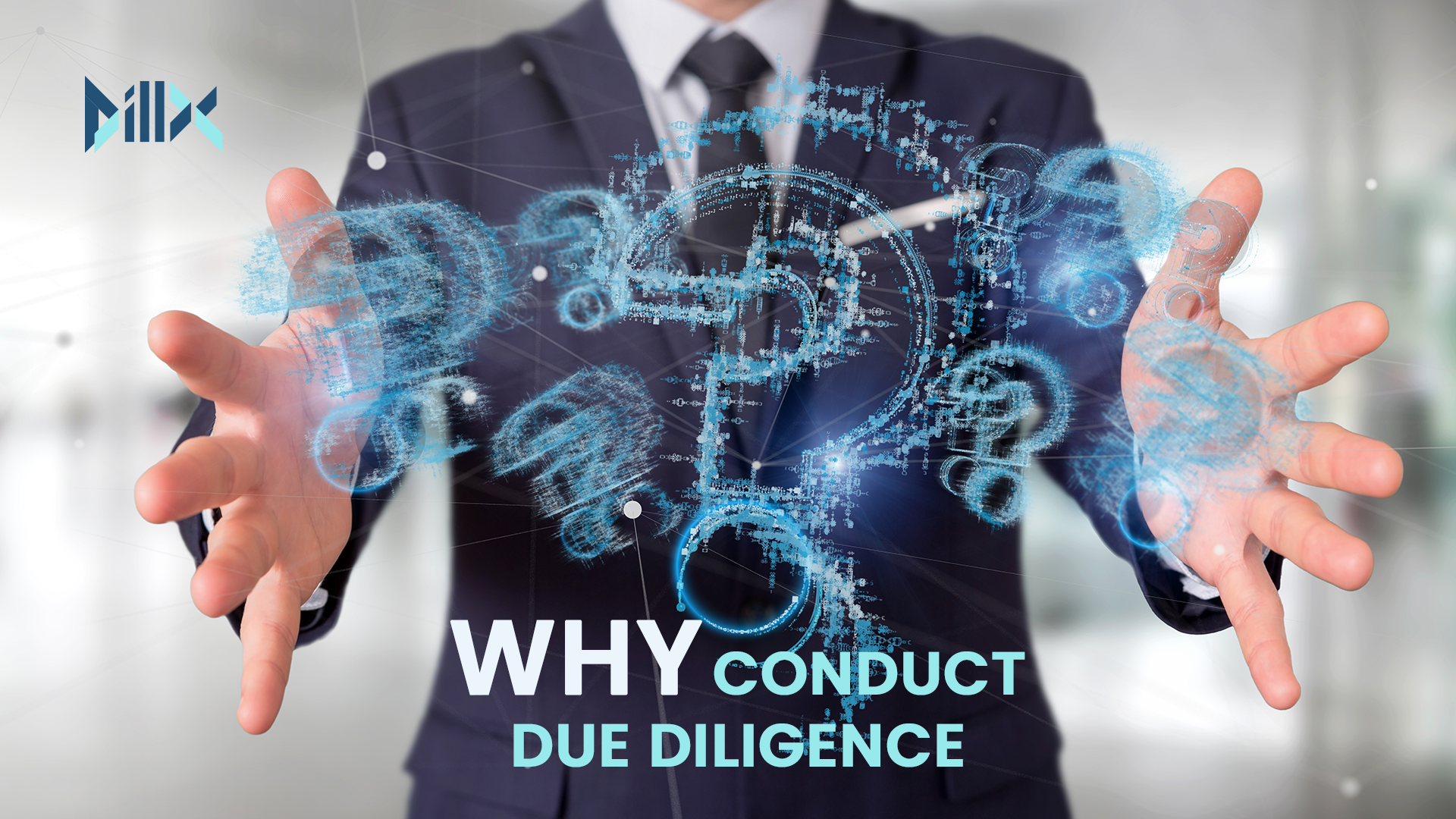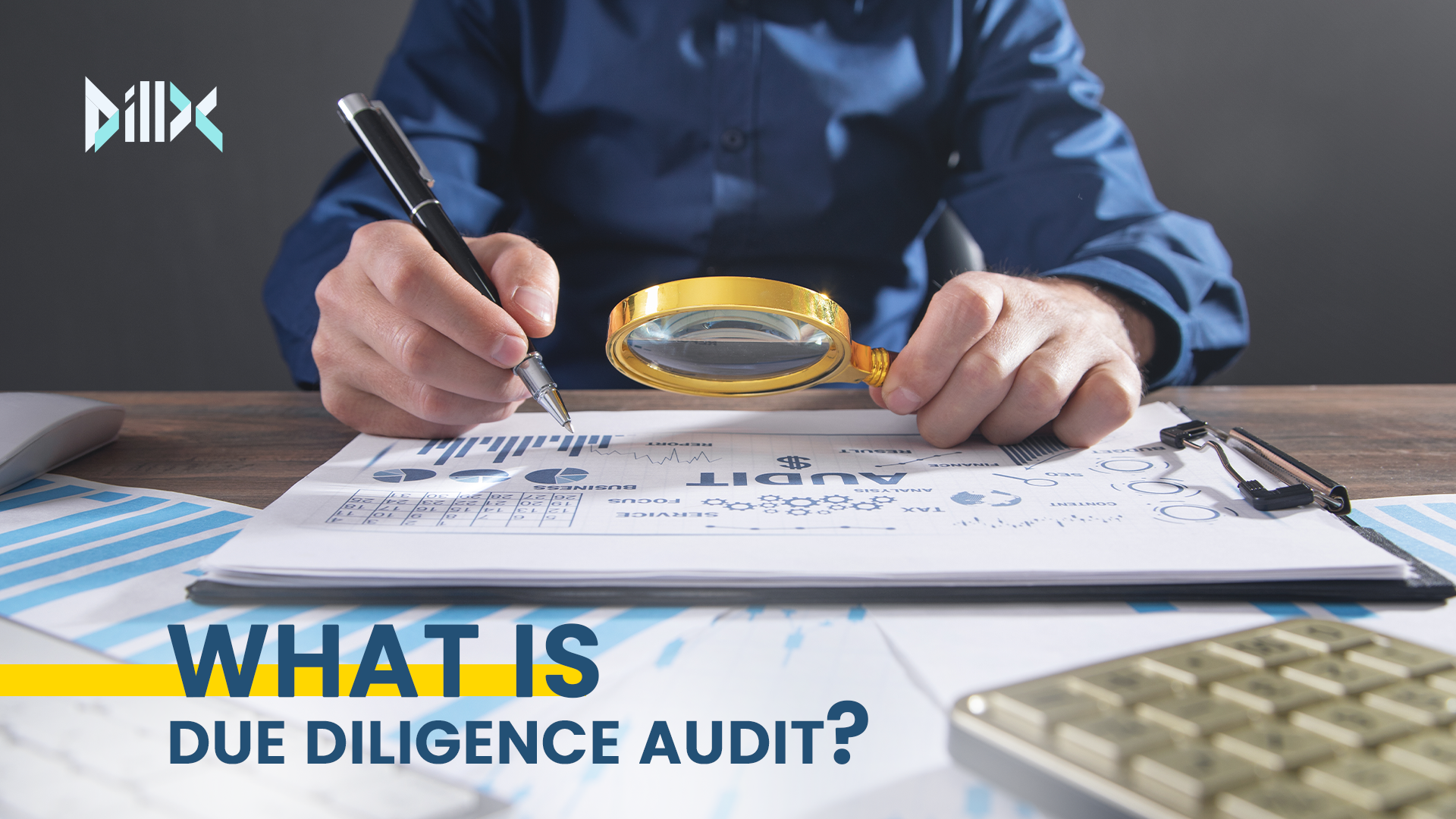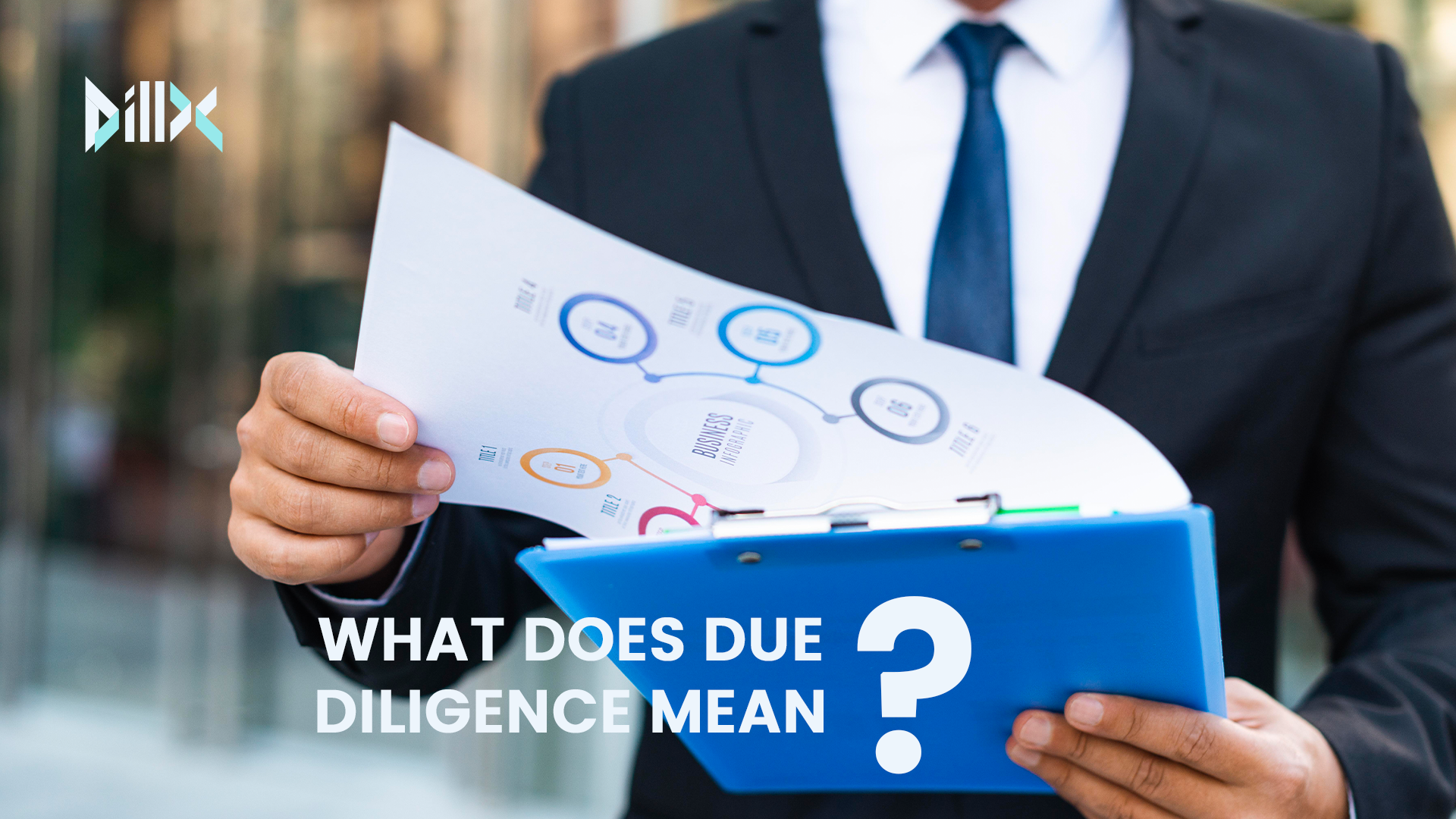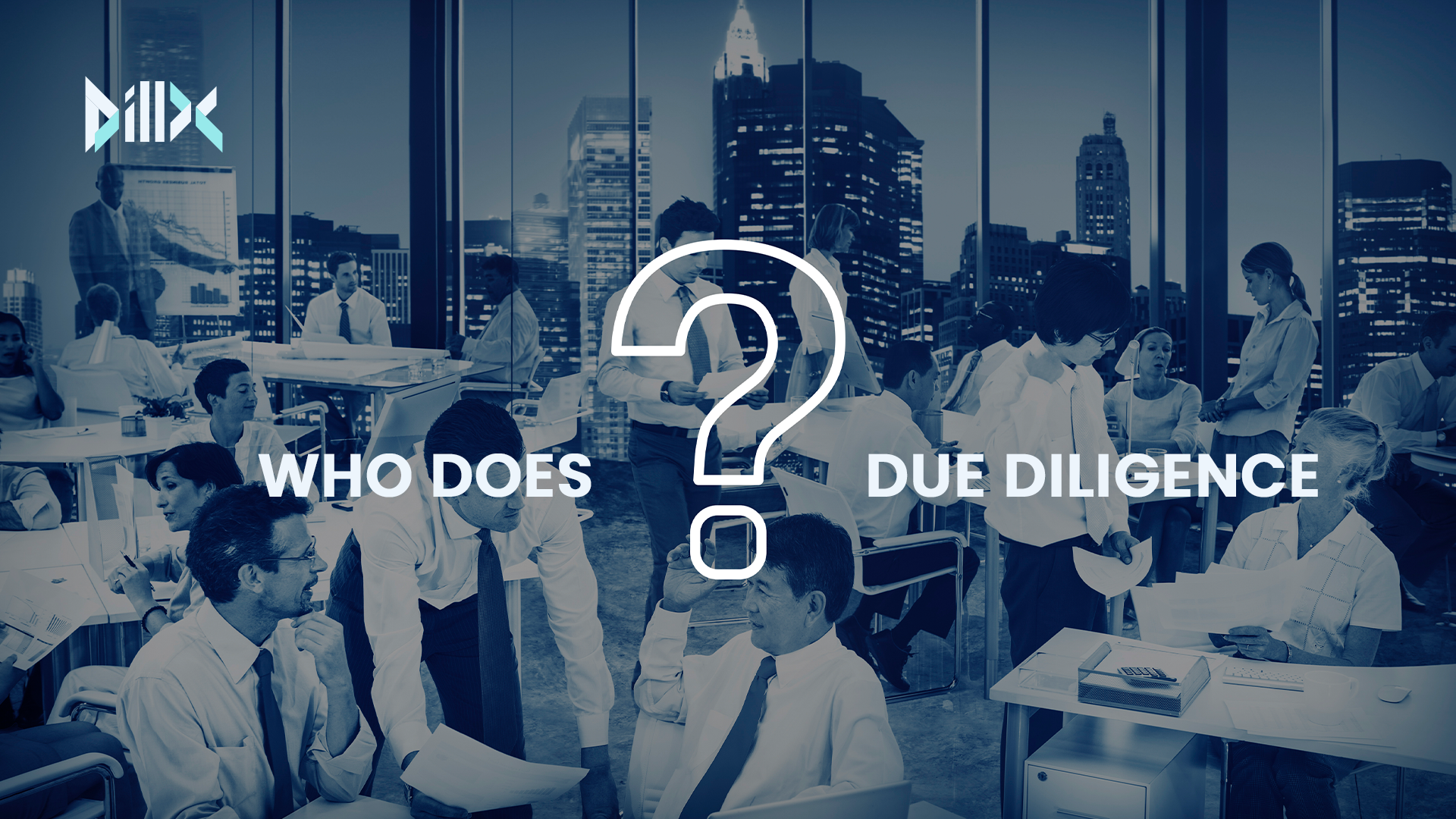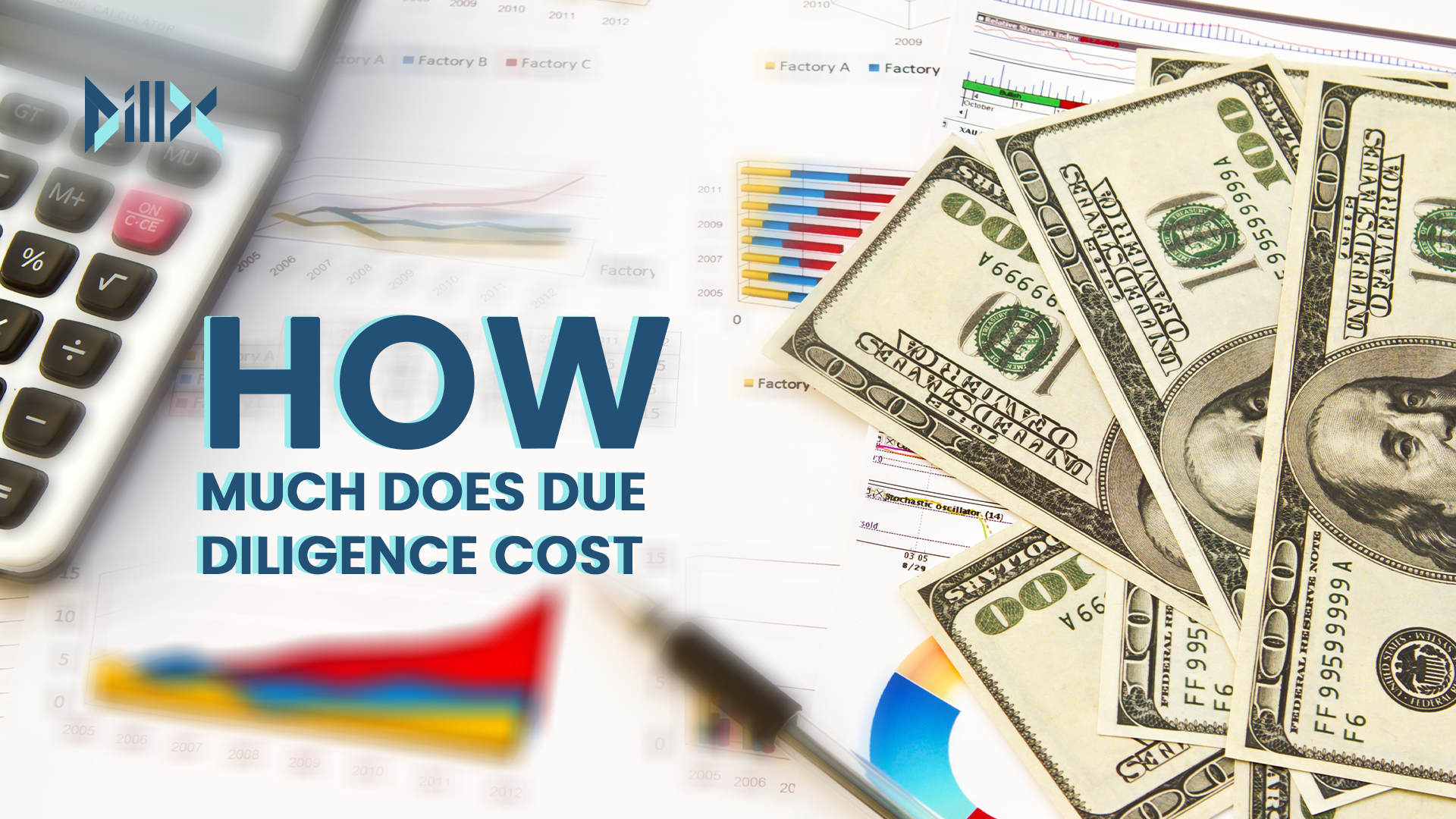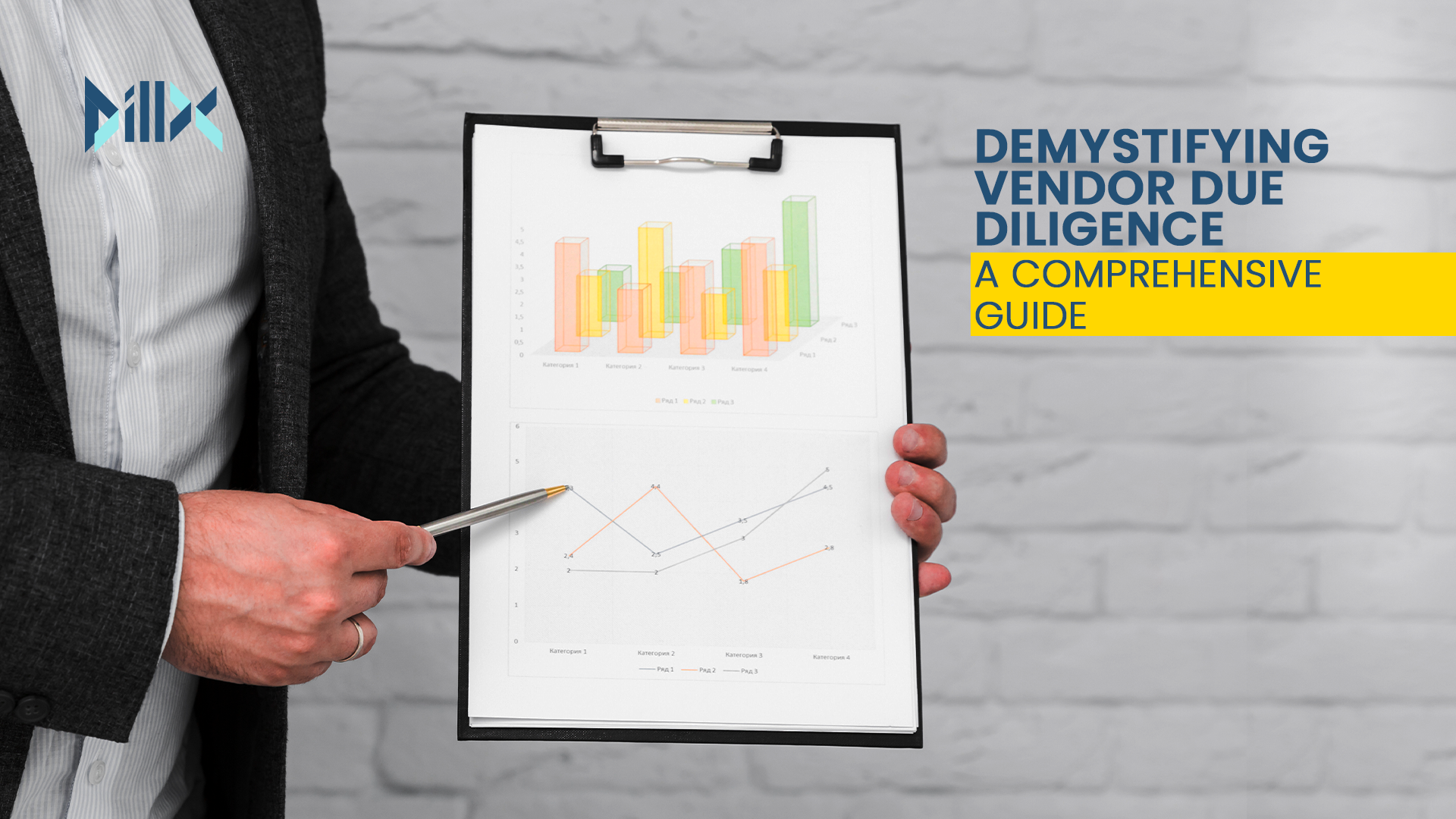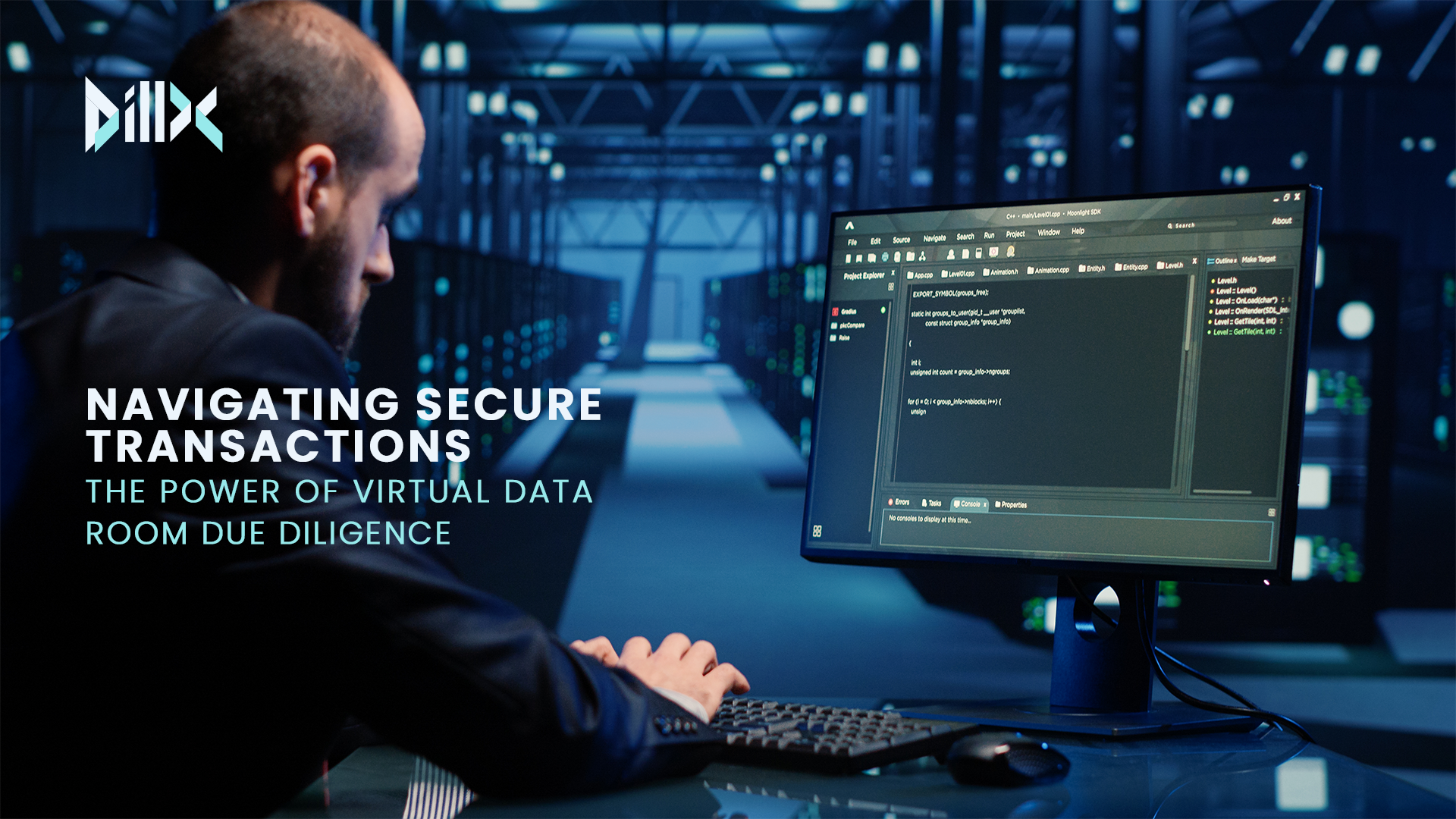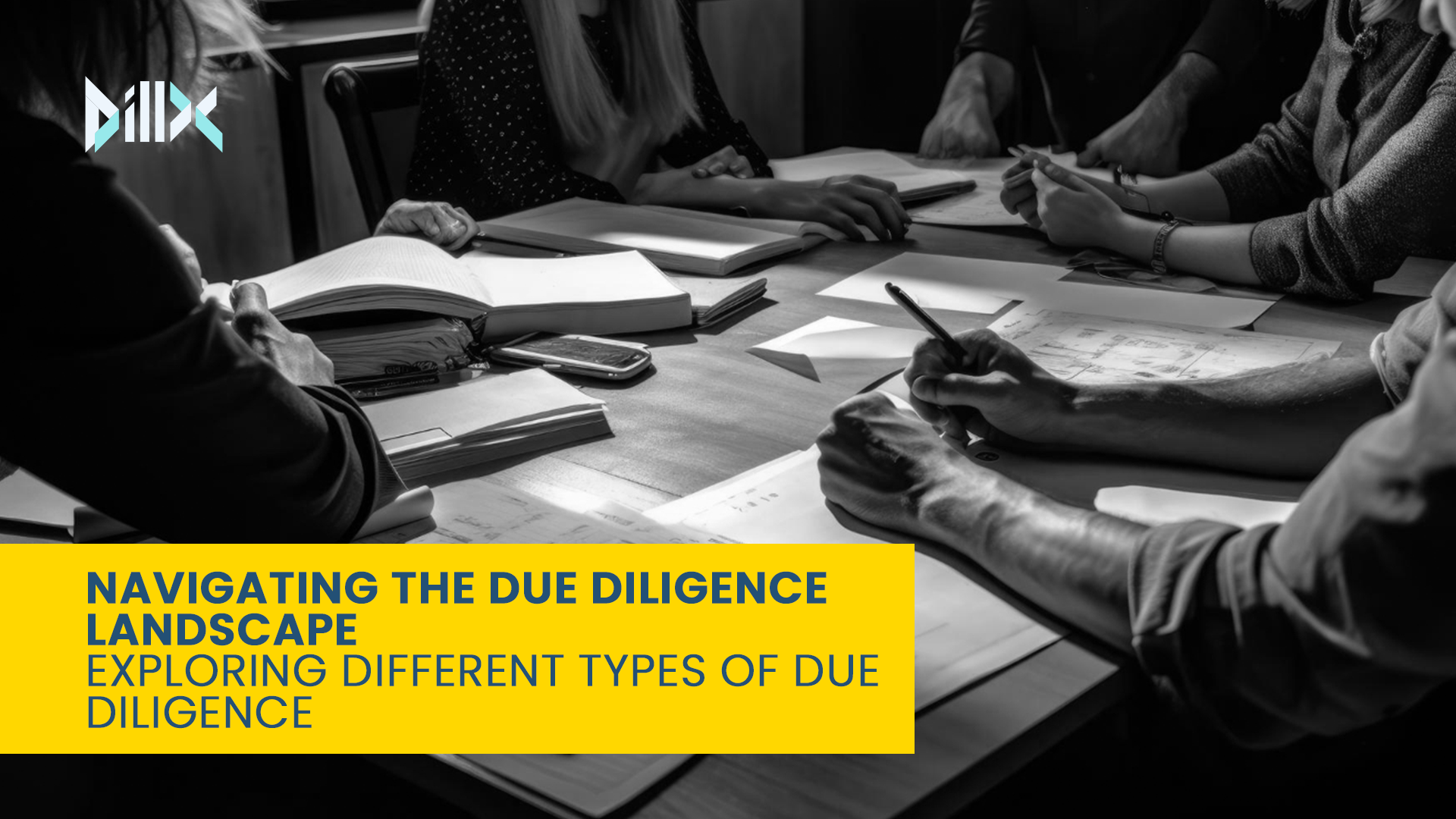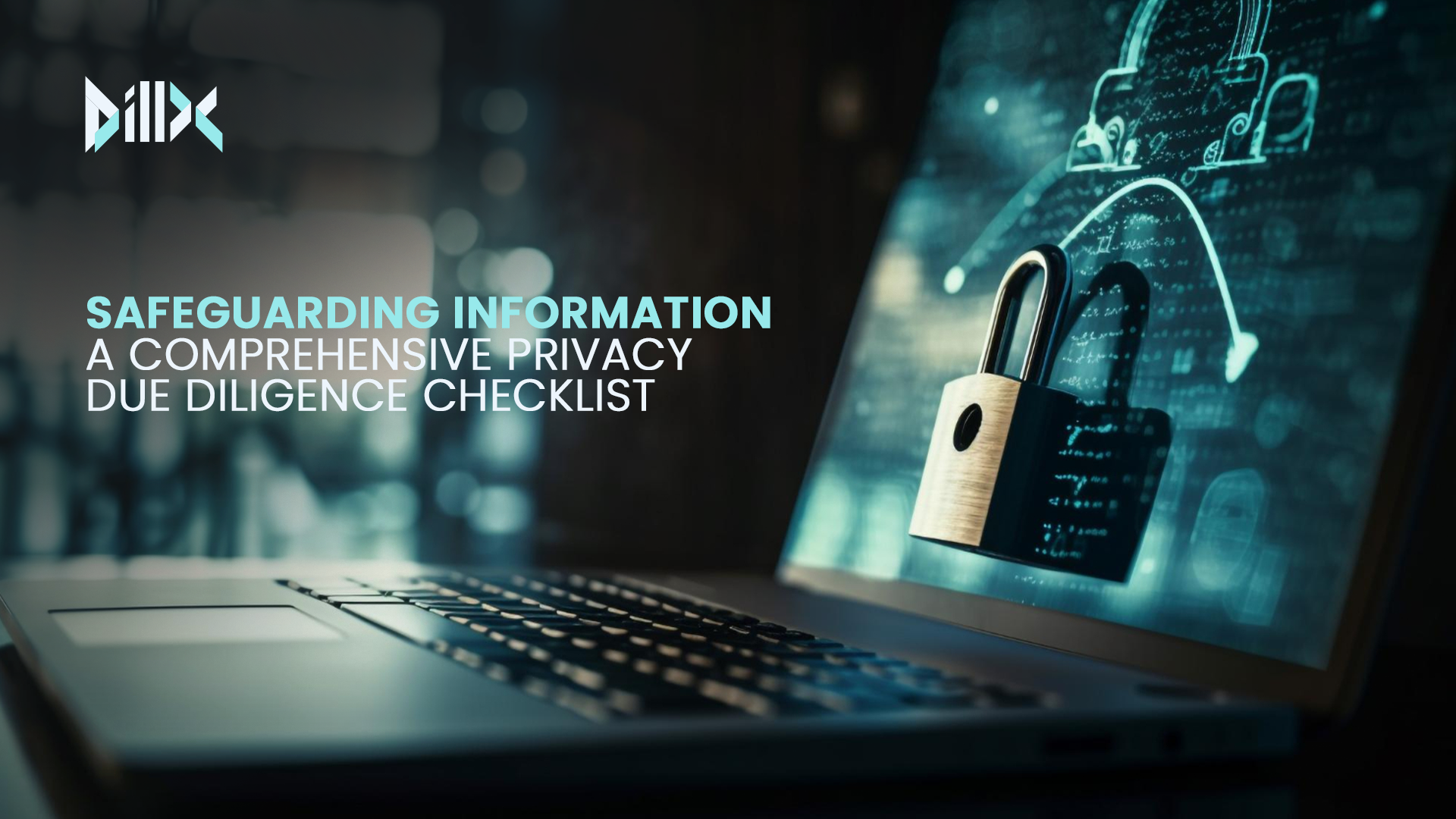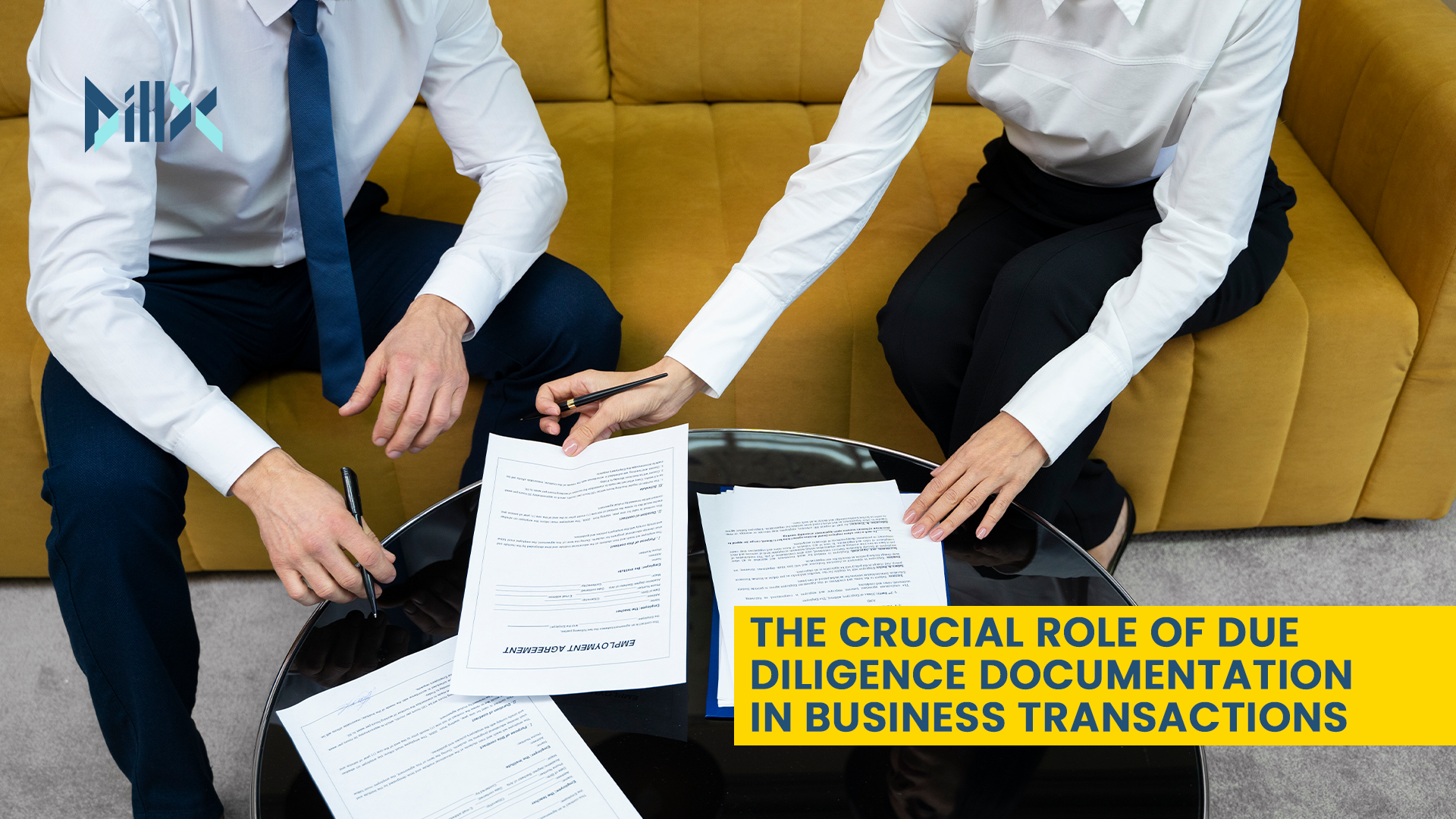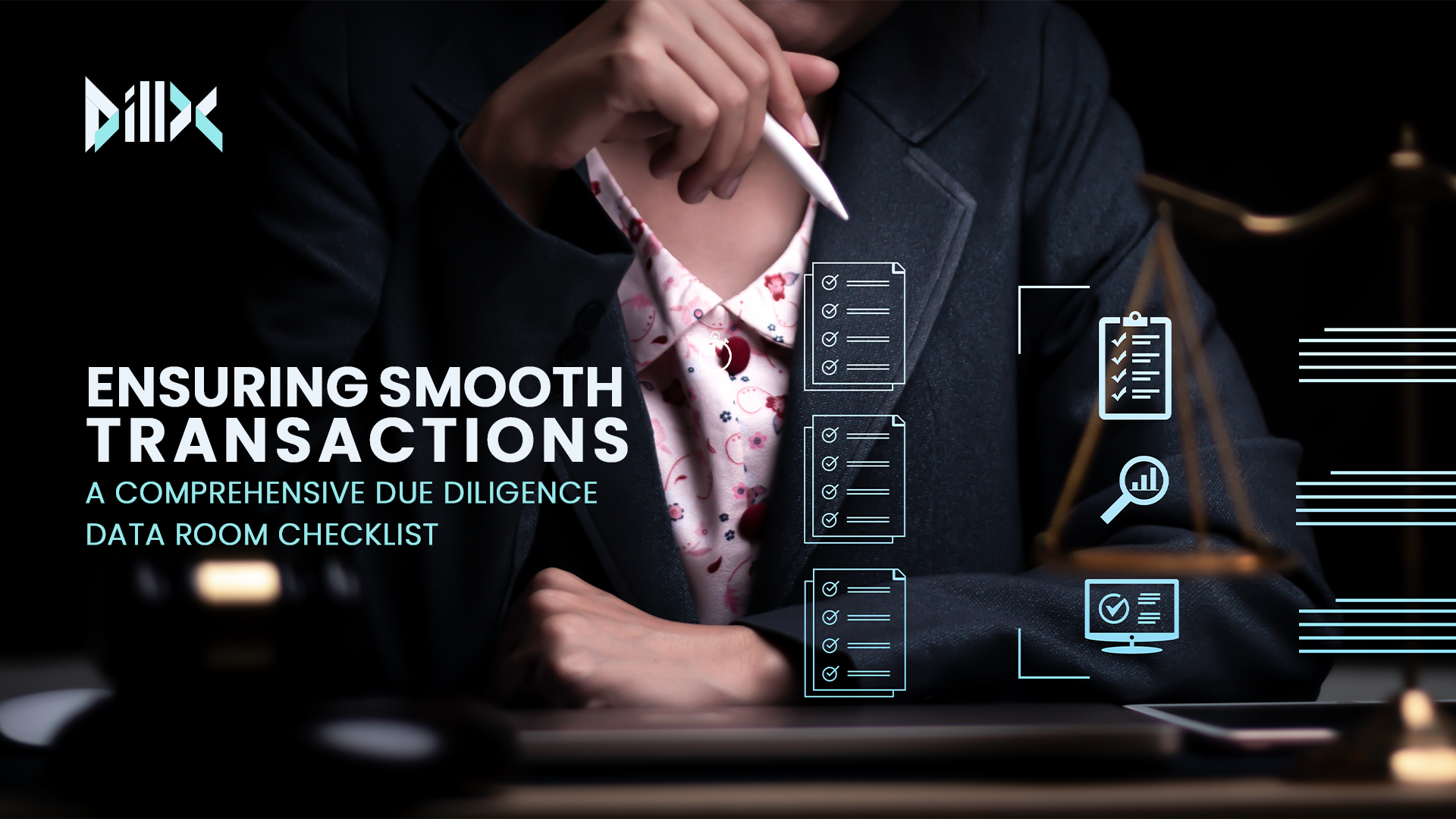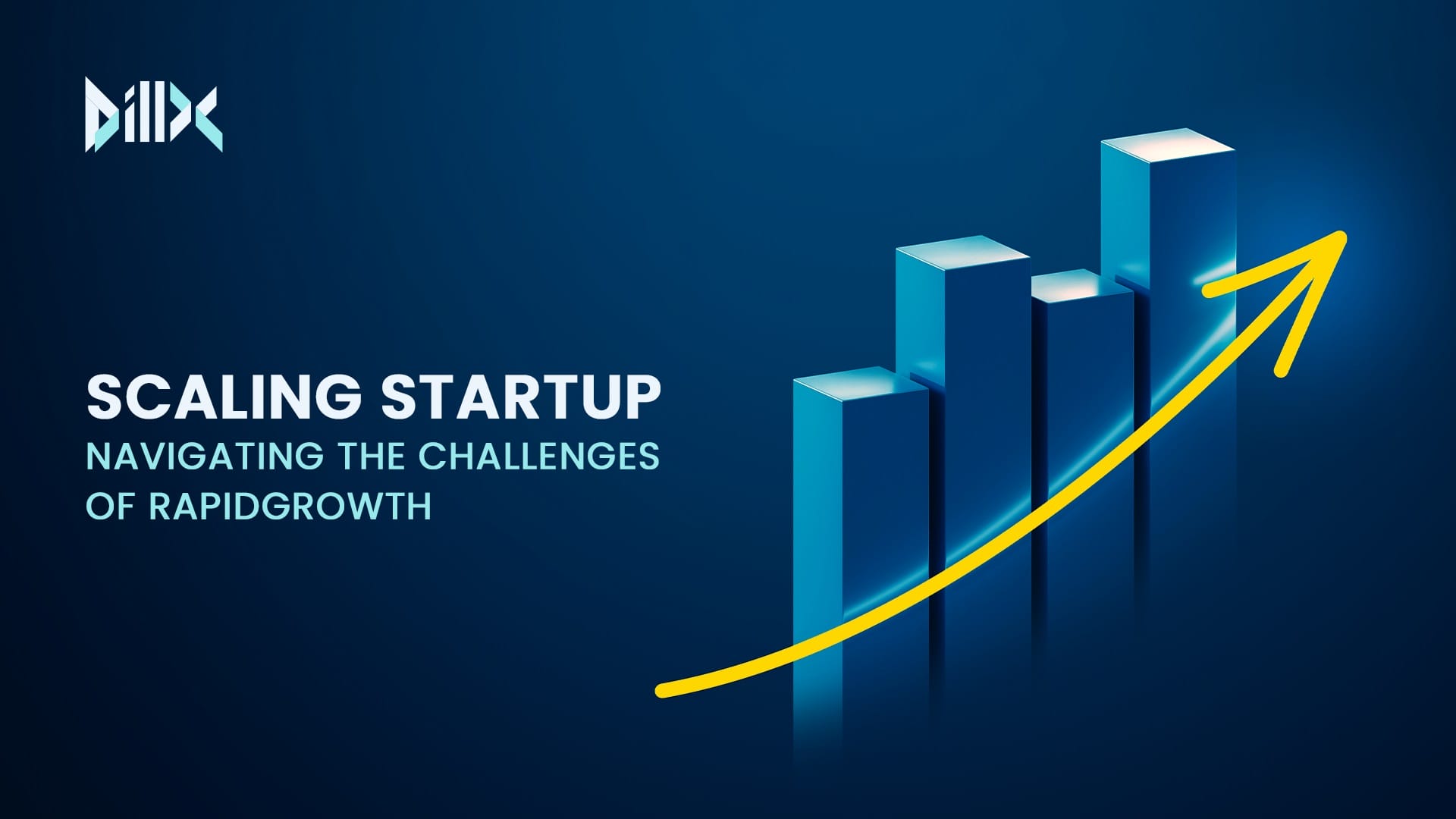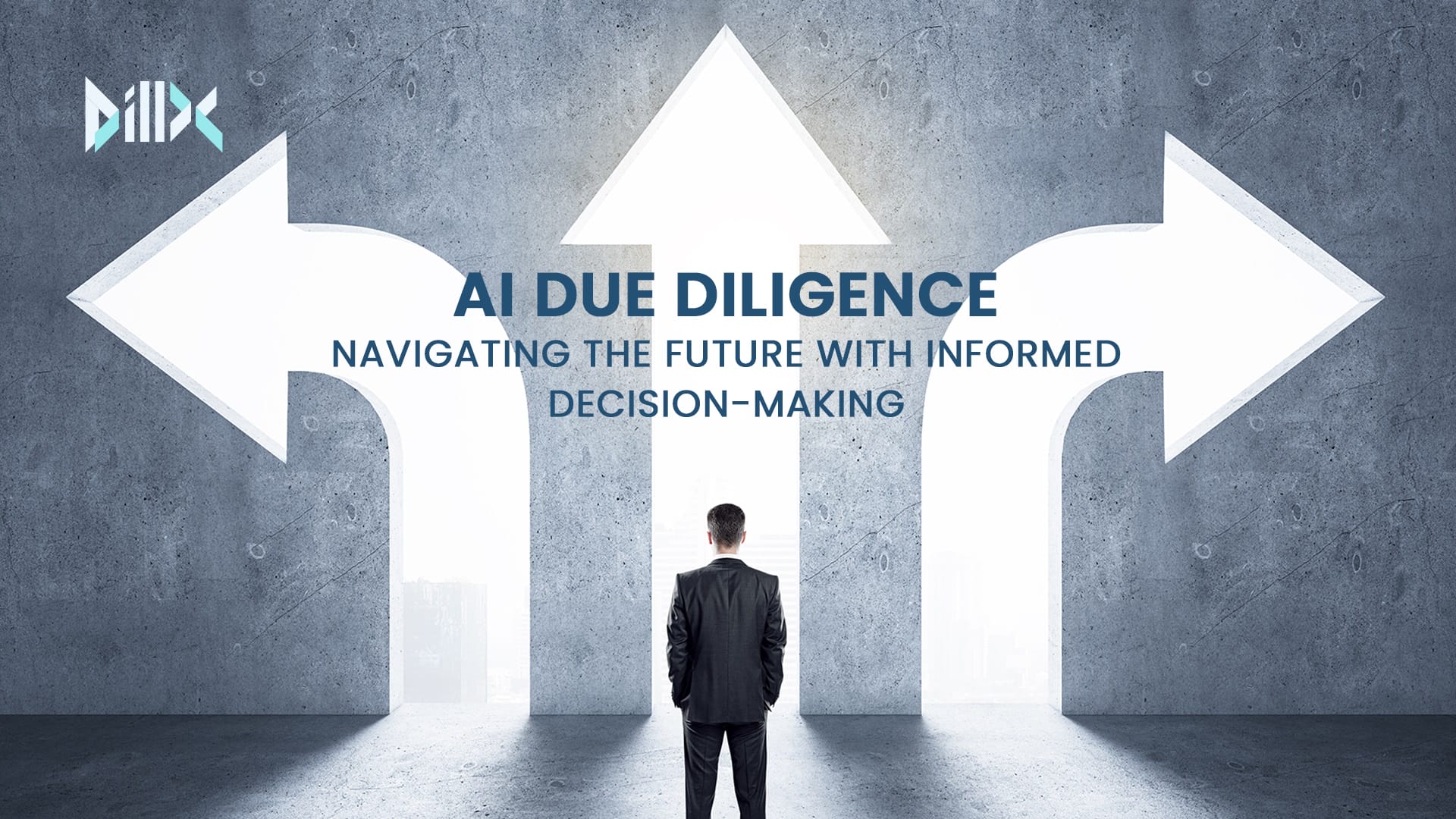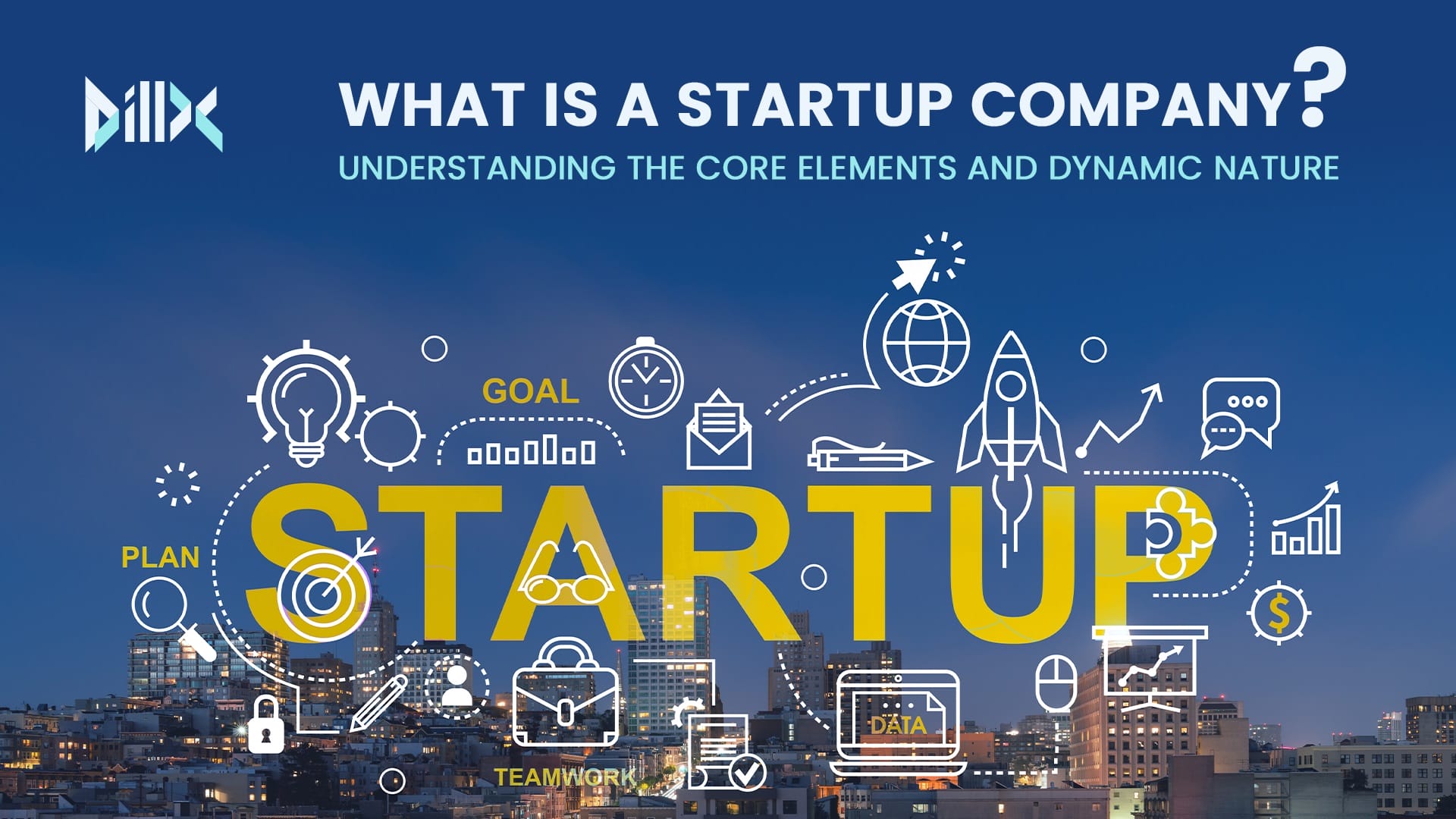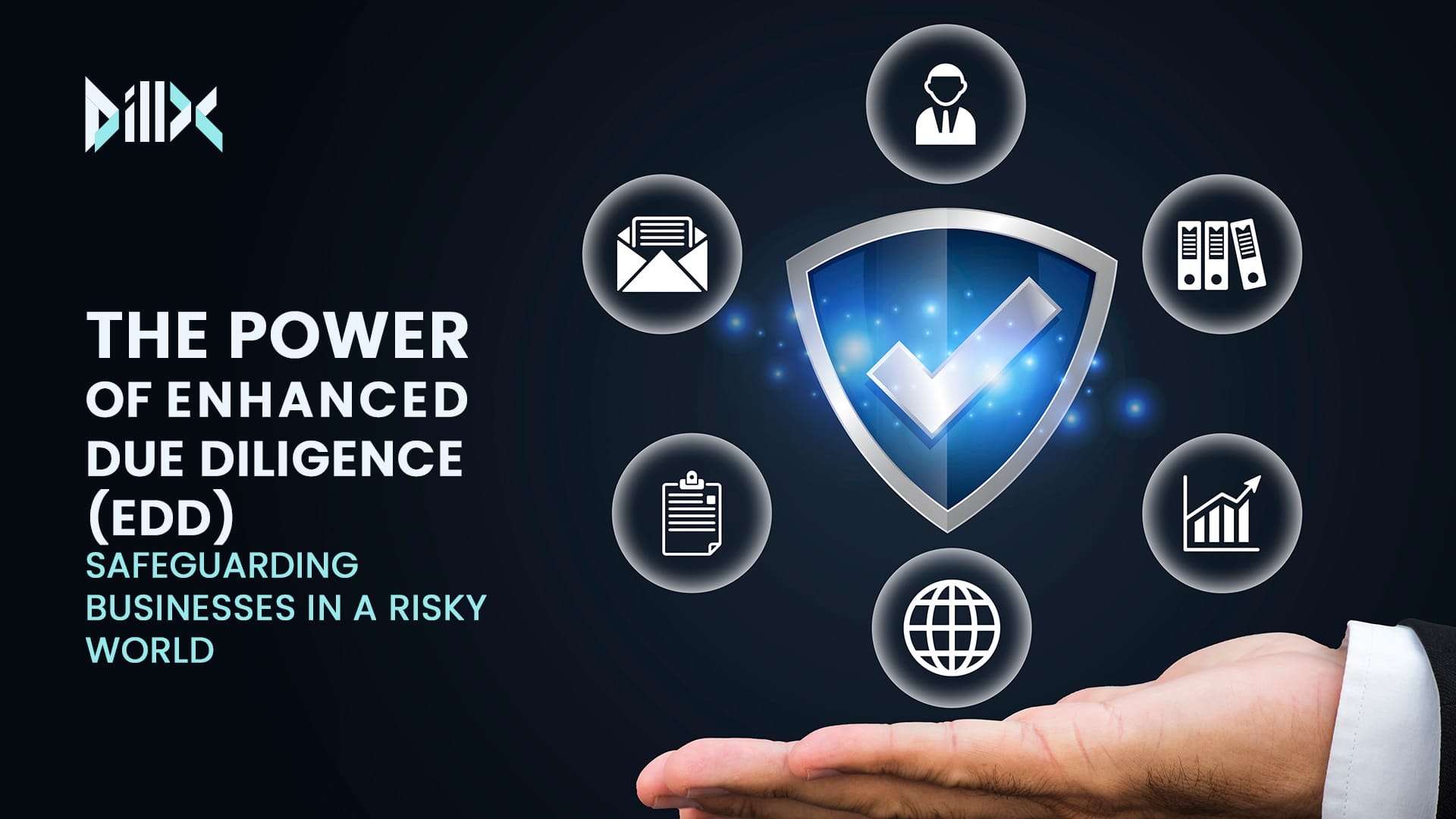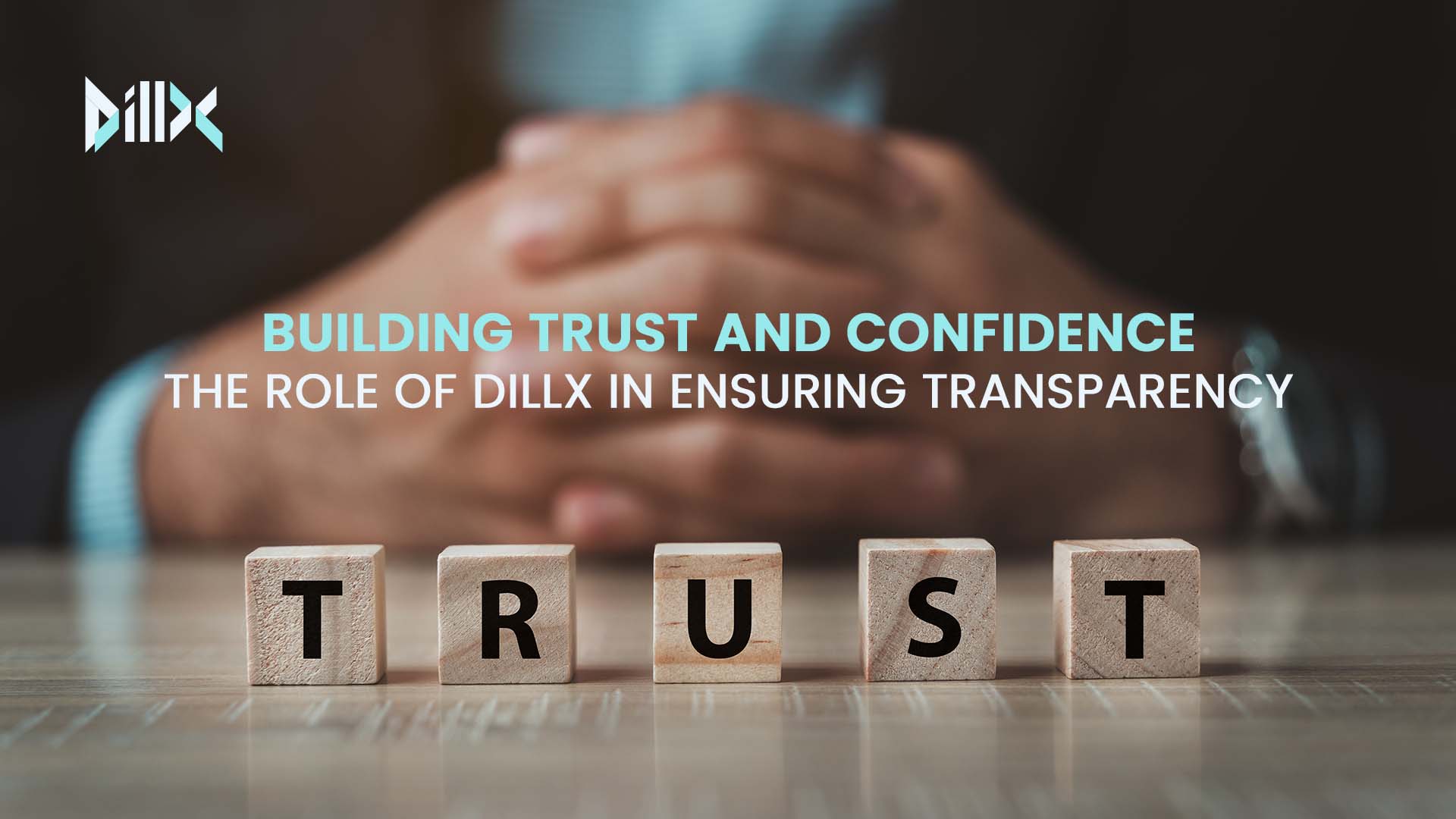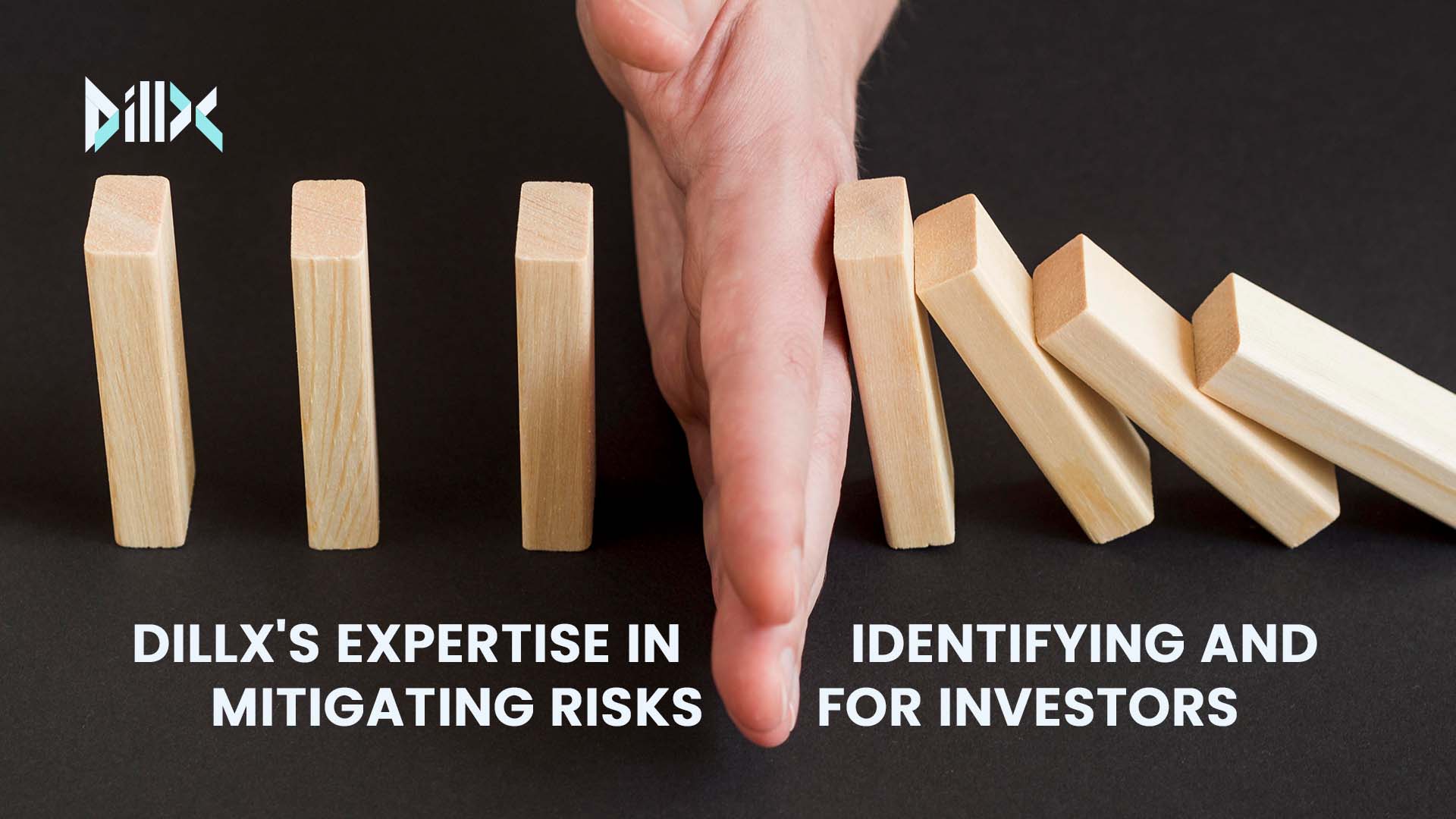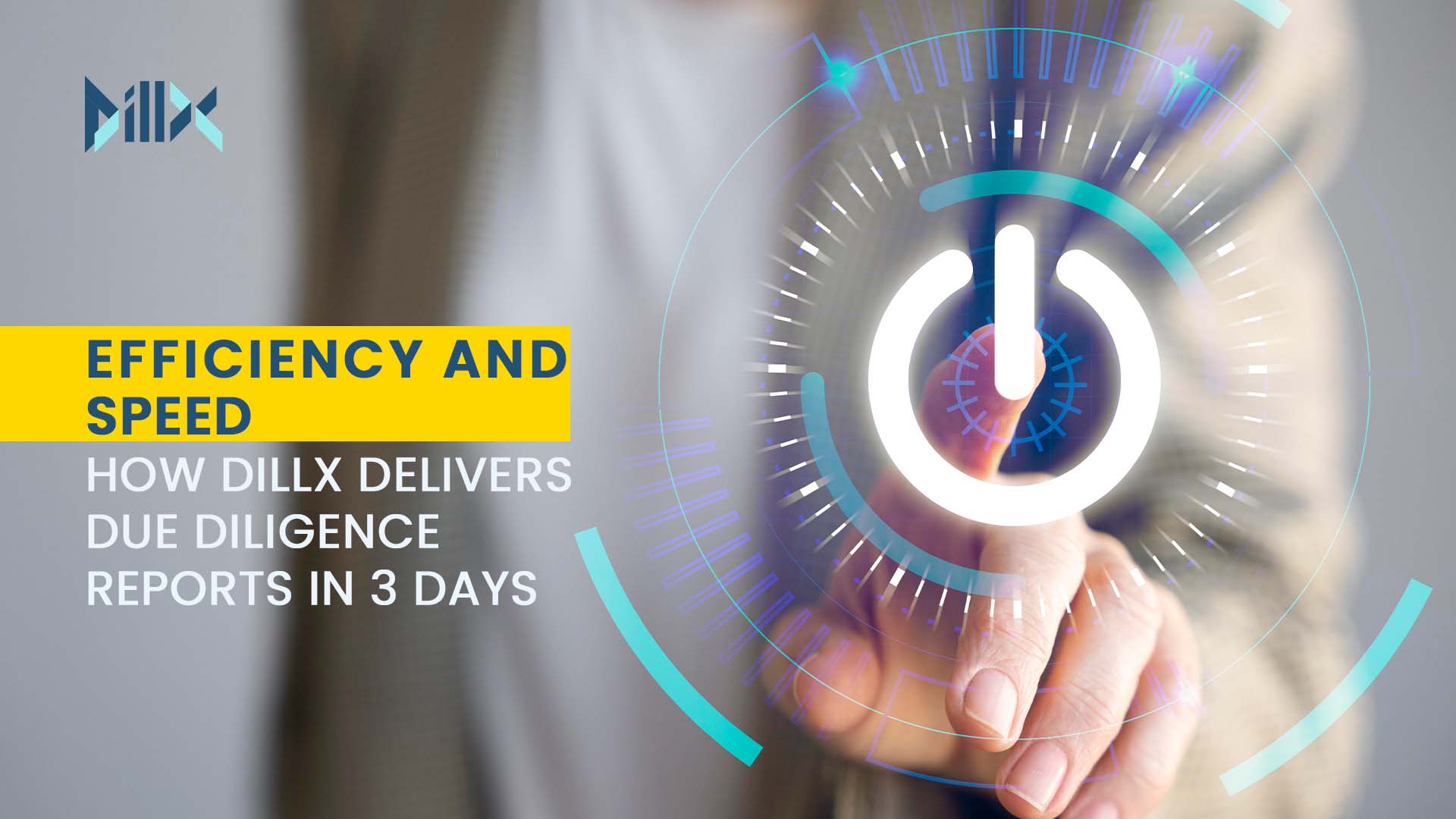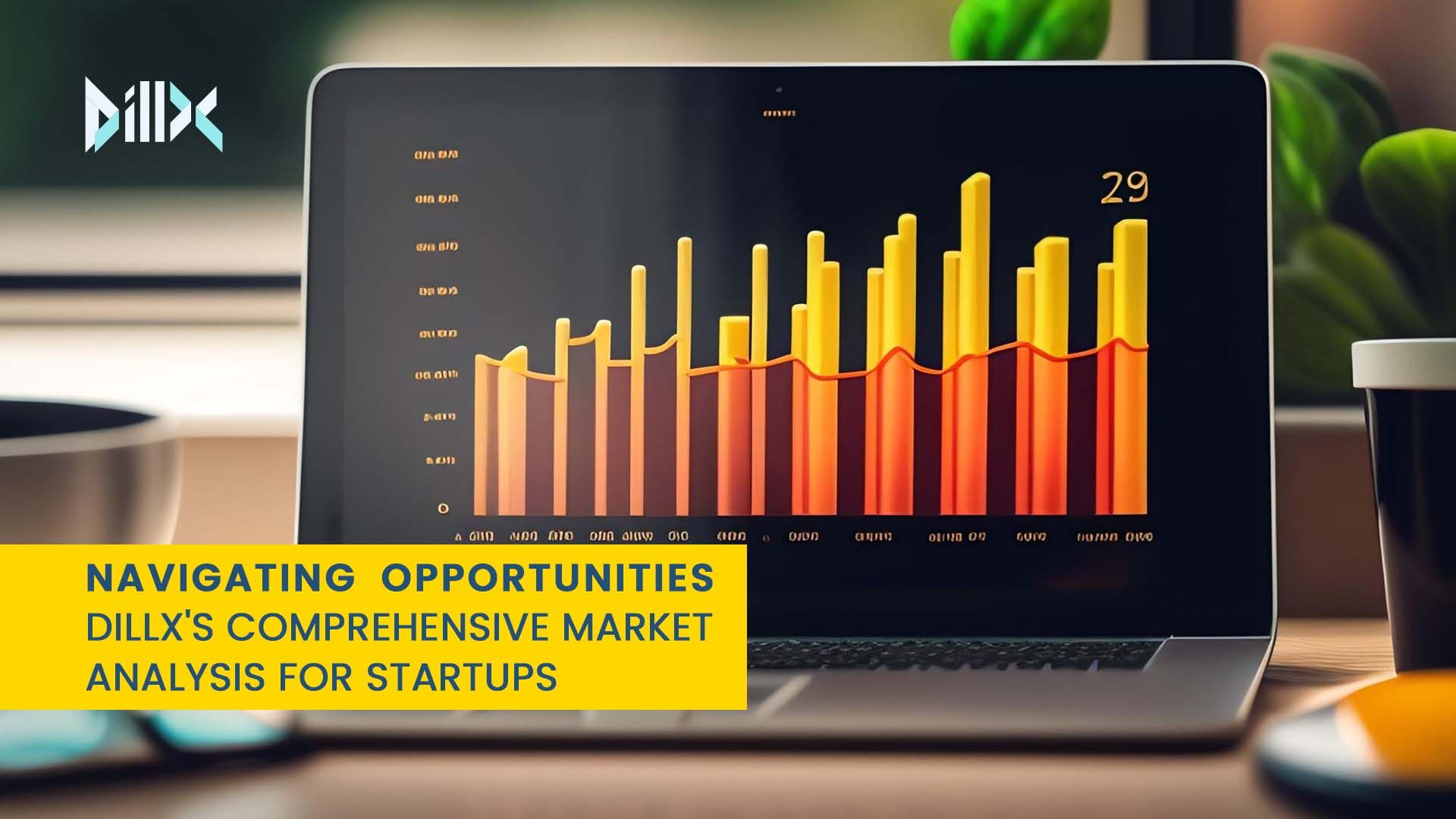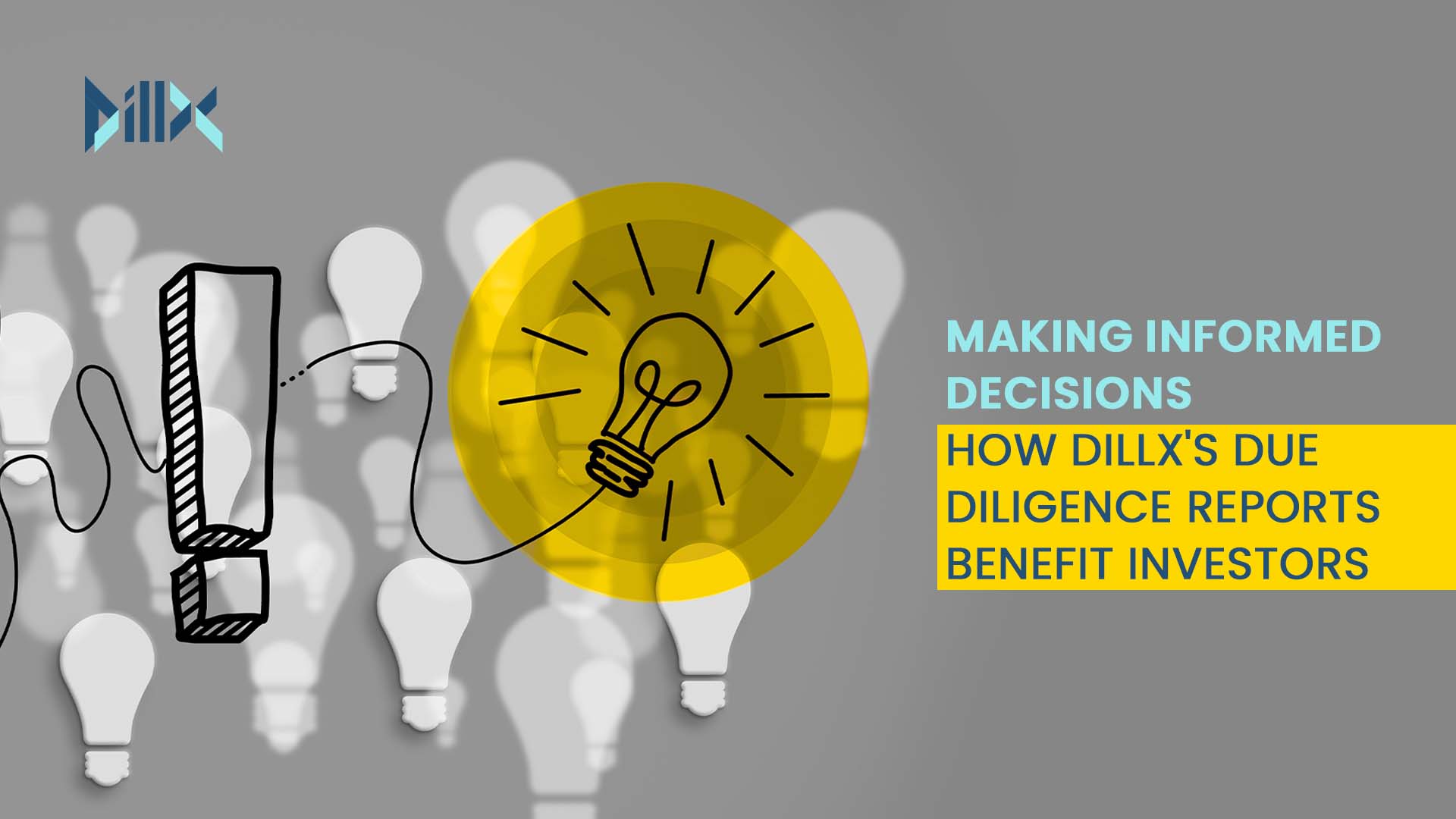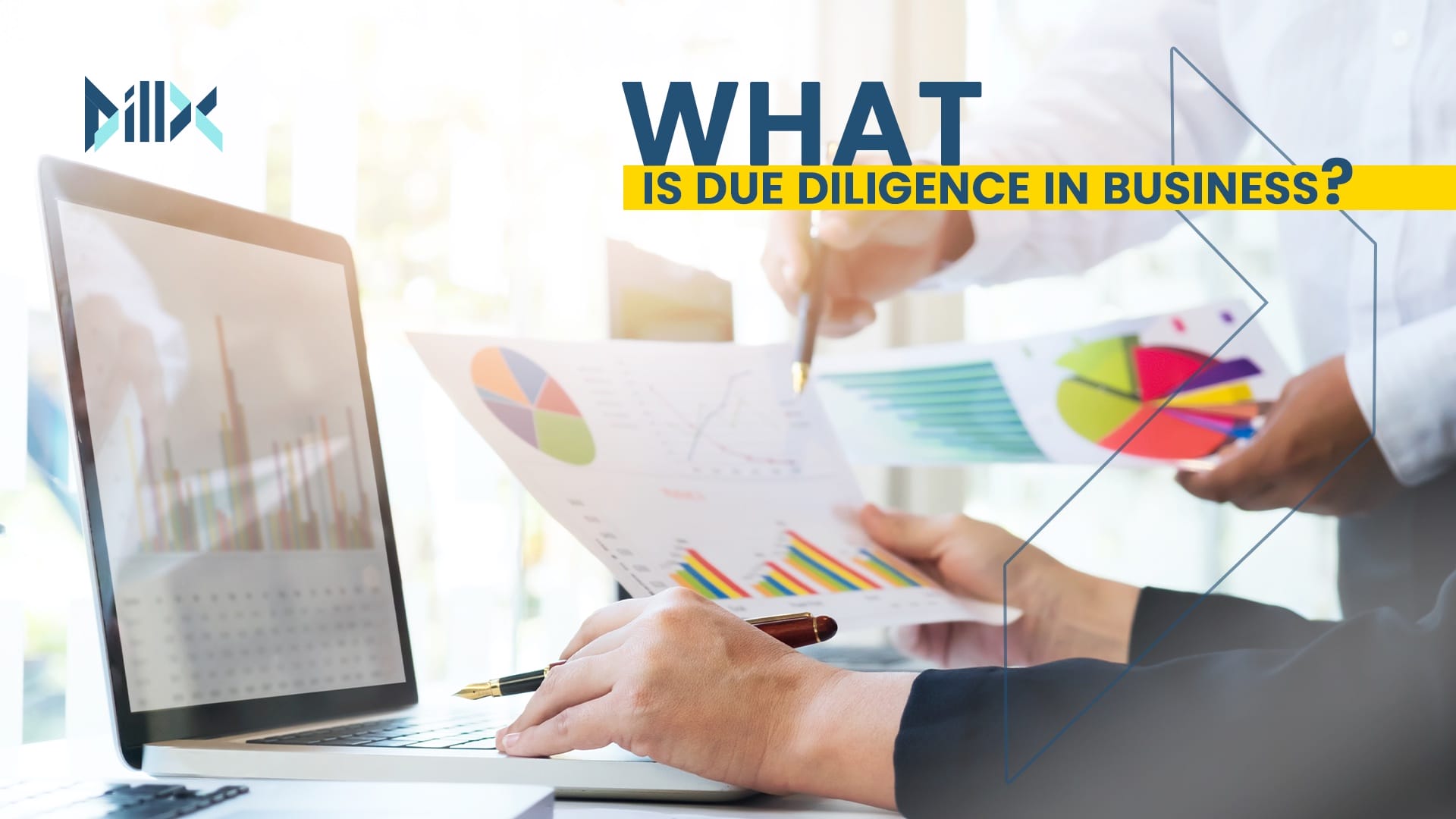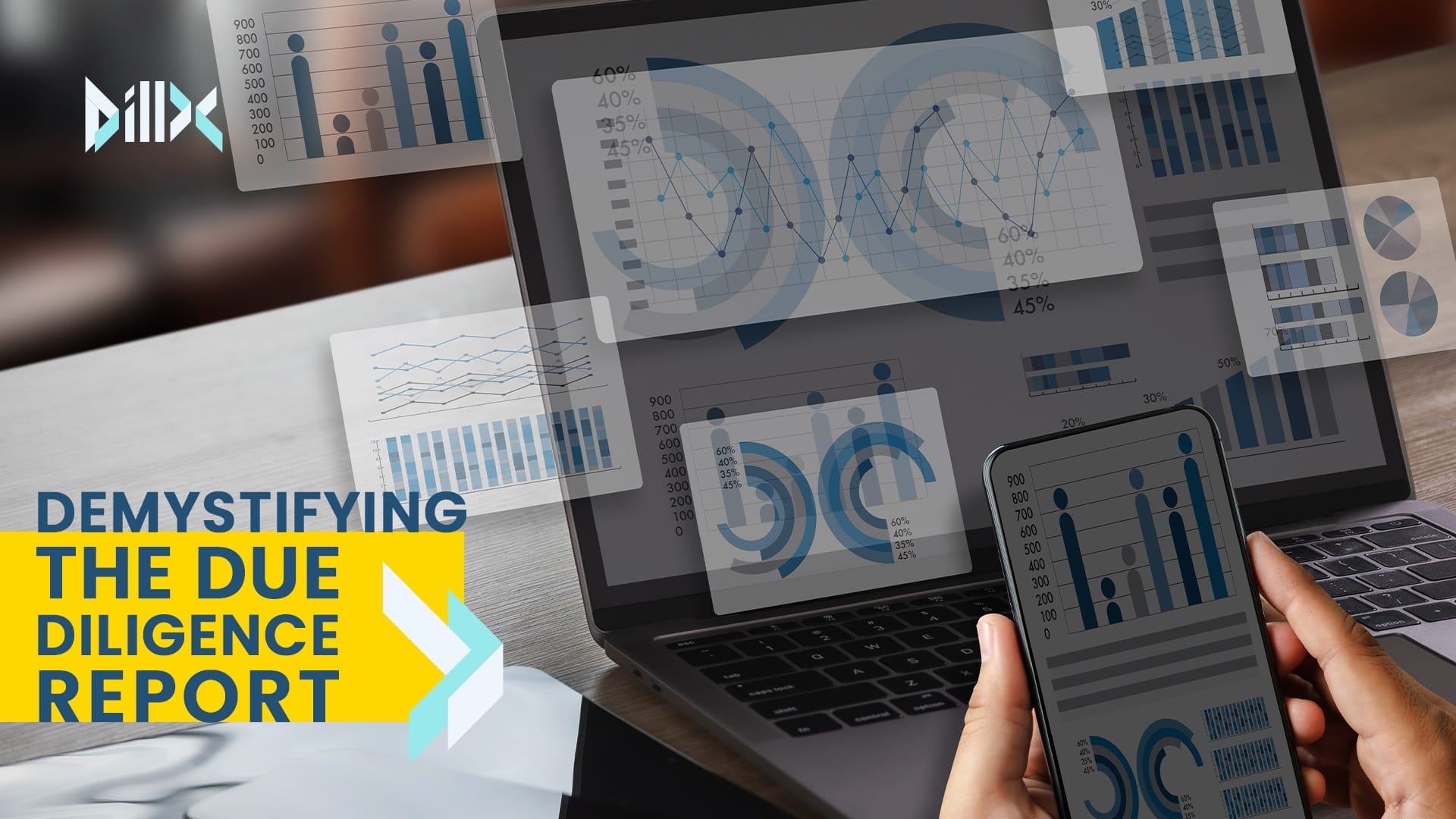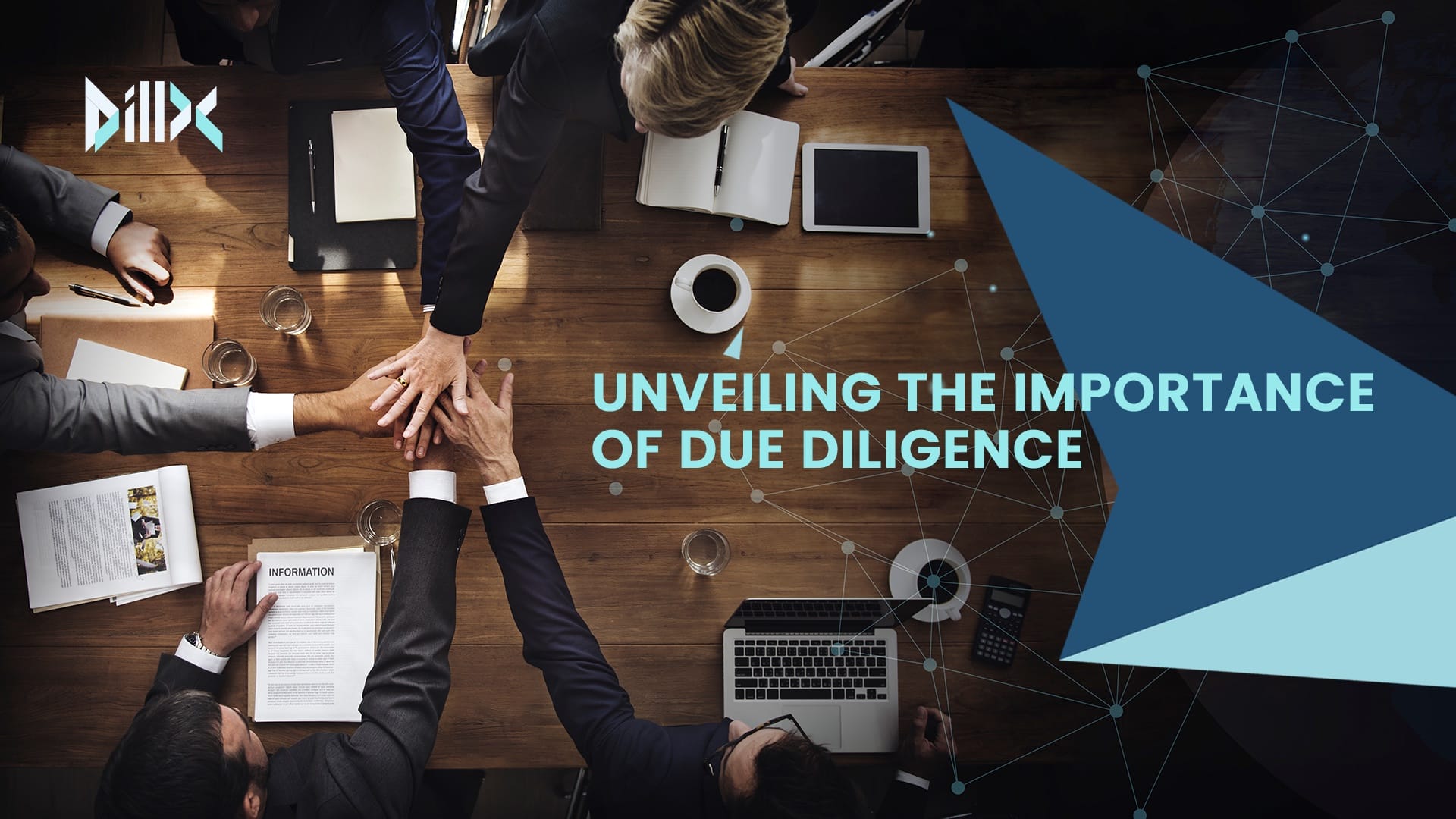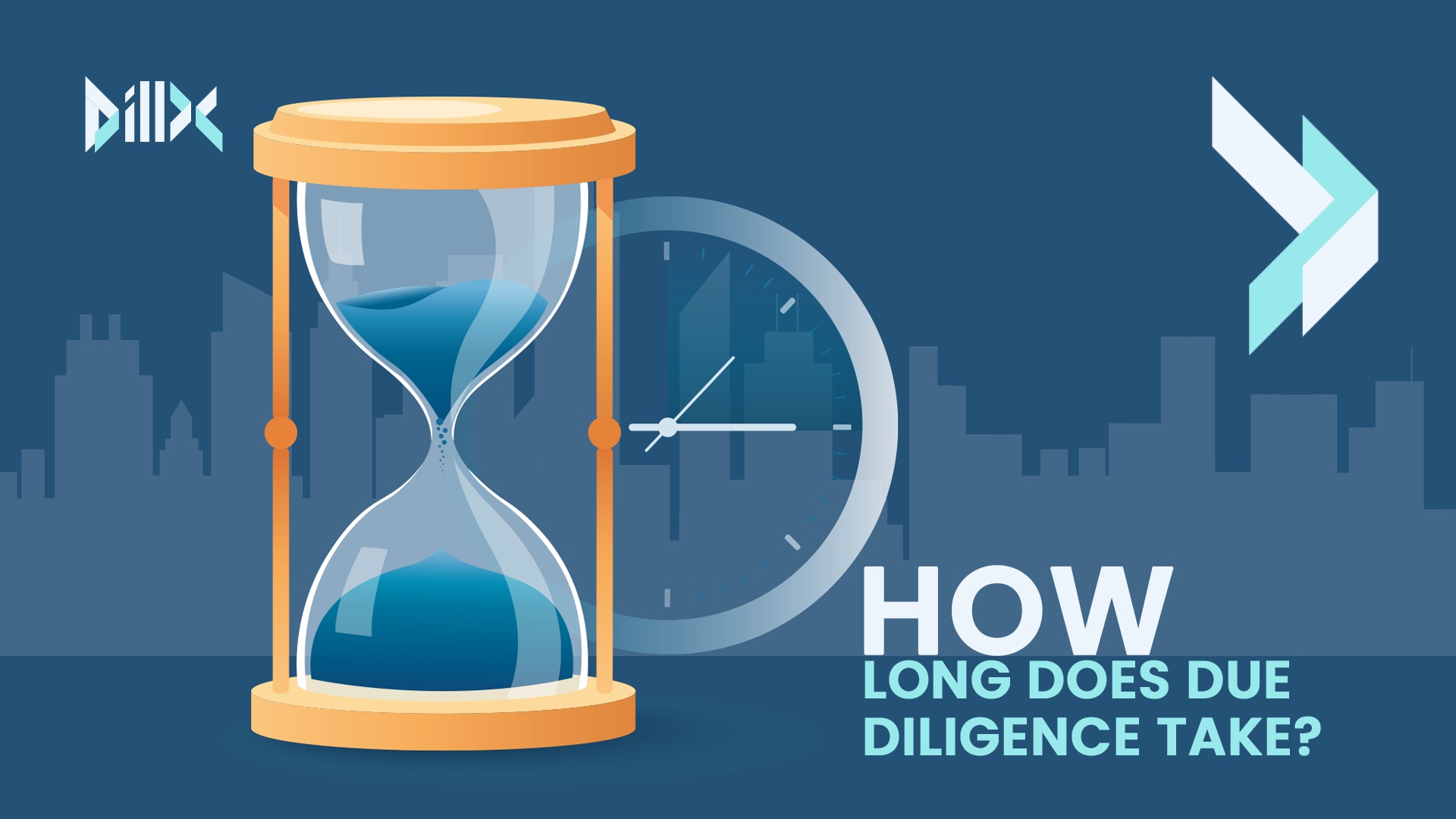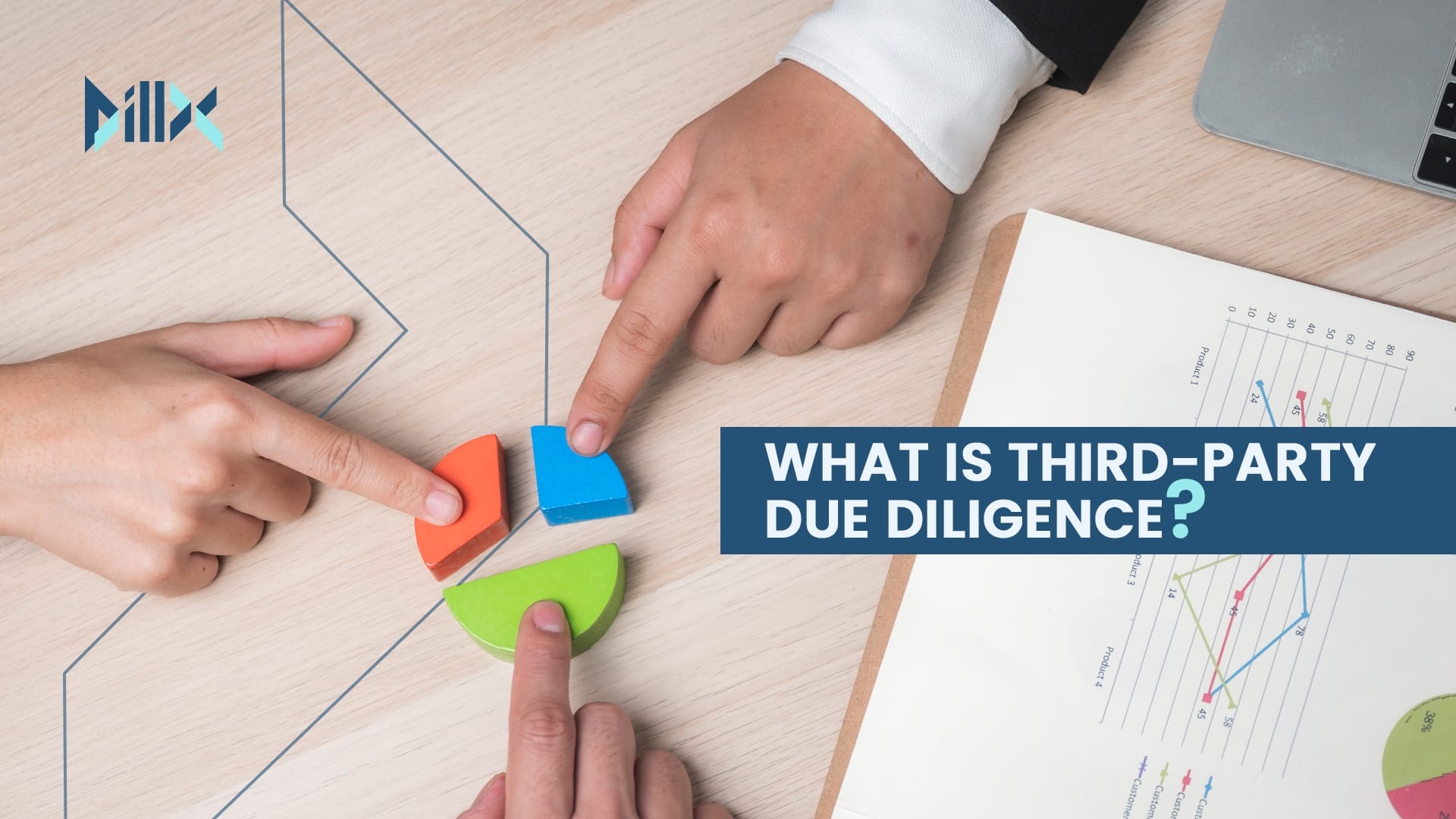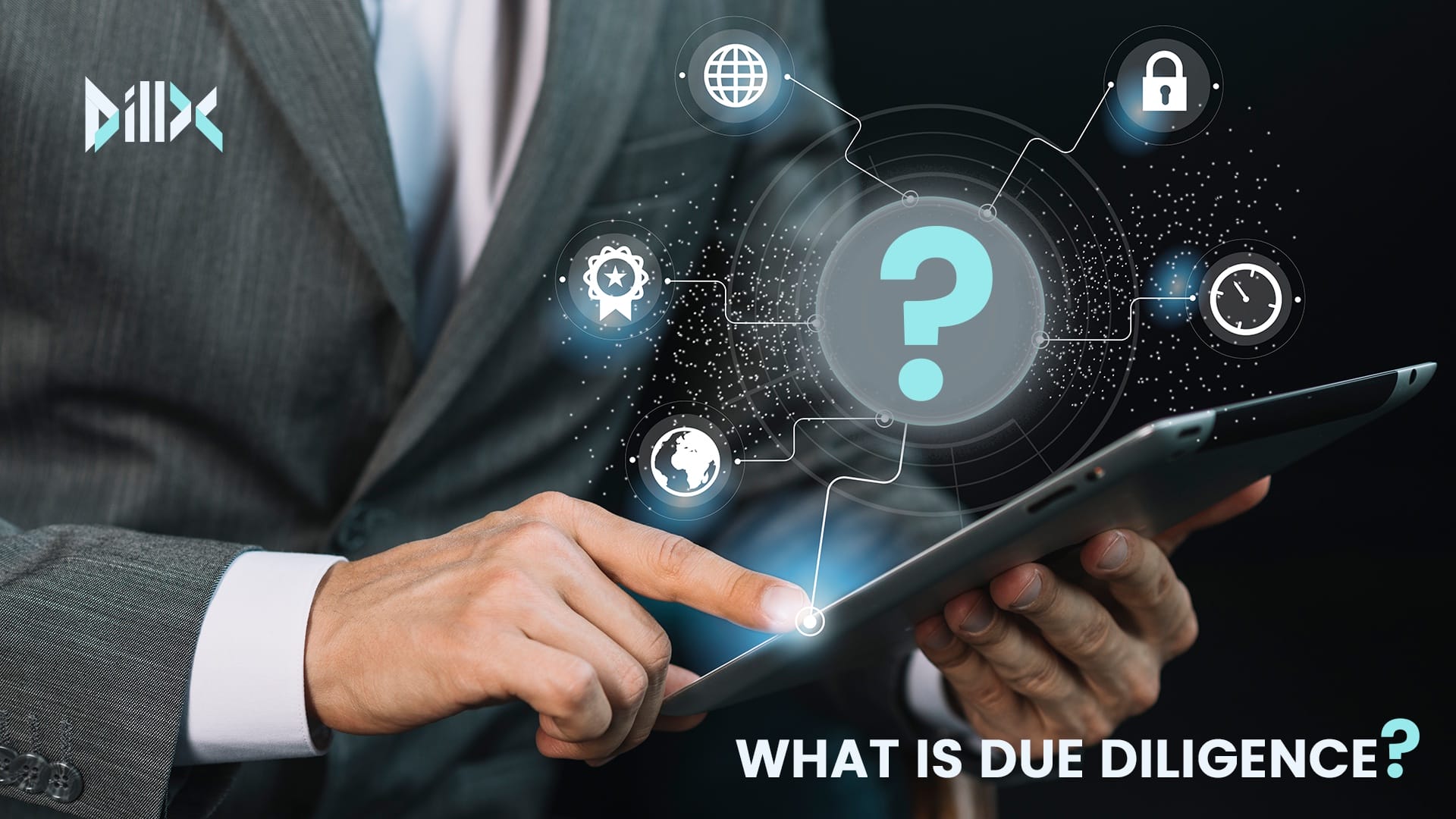In today’s data-driven business landscape, the value of due diligence has expanded beyond financials and legal matters. As businesses engage in mergers, acquisitions, investments, or partnerships, “Data Room Due Diligence” has emerged as a critical process. This blog post delves into the world of data room due diligence, shedding light on its definition, importance, and the steps involved in conducting a thorough assessment of data assets.
Understanding Data Room Due Diligence:
Data Room Due Diligence involves the comprehensive review, analysis, and assessment of a company’s digital assets stored in a secure virtual space called a “Data Room”. These assets could include financial records, legal documents, intellectual property, contracts, customer data, and more. The purpose is to provide potential investors, buyers, or partners with access to pertinent information, enabling them to make informed decisions while ensuring data security and compliance.
The Significance of Data Room Due Diligence:
- Informed Decision-Making: Data room due diligence empowers parties involved in a transaction with accurate and up-to-date information, allowing them to assess the value and potential risks associated with the digital assets.
- Risk Mitigation: By conducting thorough data room due diligence, organizations can identify data security vulnerabilities, compliance gaps, and other potential risks before they escalate.
- Transparency and Trust: Sharing essential data in a controlled environment demonstrates transparency, fostering trust between parties and potentially expediting the decision-making process.
- Regulatory Compliance: Data room due diligence ensures that sensitive information is shared securely and in compliance with data protection laws and regulations.
- Valuation Accuracy: A thorough examination of digital assets provides a clearer picture of the company’s overall value, contributing to more accurate valuations.
Steps Involved in Data Room Due Diligence:
- Document Collection: Gathering all relevant digital assets, including financial statements, contracts, intellectual property documents, and more, to create a comprehensive repository.
- Organization: Categorizing and organizing documents in a structured manner to facilitate easy navigation and access for interested parties.
- Data Security Measures: Implementing robust security protocols, such as encryption and access controls, to safeguard sensitive data from unauthorized access.
- User Access Management: Granting authorized individuals access to specific documents based on their role and need-to-know basis.
- Q&A Sessions: Providing a platform for potential investors or partners to ask questions and receive clarifications on the data provided.
- Regular Updates: Ensuring that the data room is kept up to date with the latest information to maintain accuracy.
Conclusion:
Data Room Due Diligence is a crucial process that enables businesses to share critical digital assets securely while fostering transparency and trust among involved parties. As data becomes increasingly valuable and central to business operations, conducting a thorough assessment of these assets not only contributes to informed decision-making but also helps organizations maintain compliance, mitigate risks, and achieve successful transactions or partnerships in the digital age.
About DillX
Unlock the power of streamlined due diligence with DillX. Say goodbye to months of manual, costly processes and embrace efficiency in just 3 days. Our SaaS platform automates the entire due diligence process, generating detailed DX reports with pre-verified company information and red flag alerts. Founders can track their investment readiness, while investors can assess more startups with reduced risk. Ready to transform your due diligence experience? Join our platform today.


